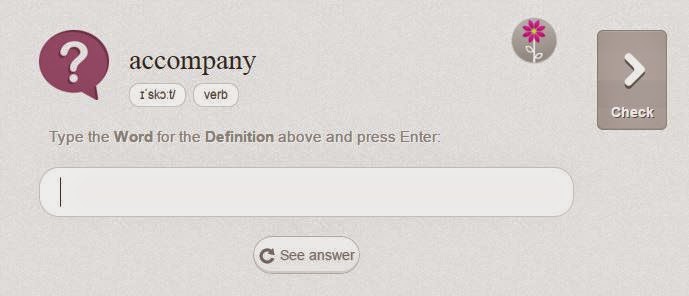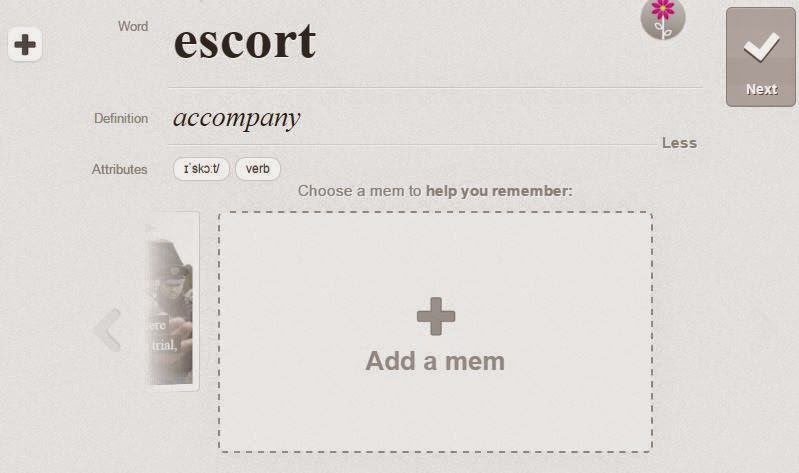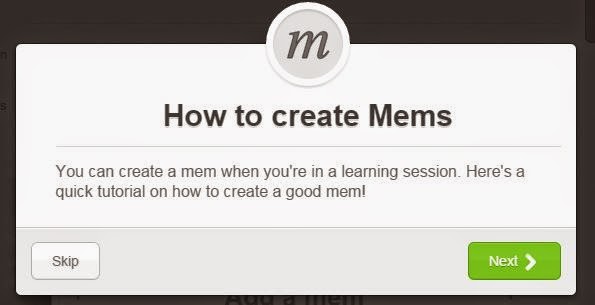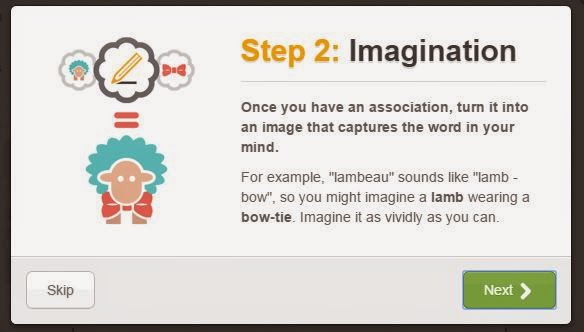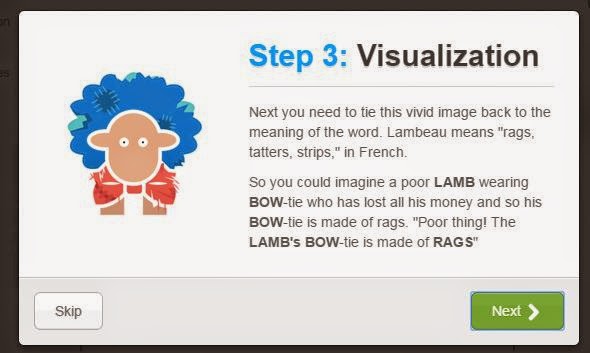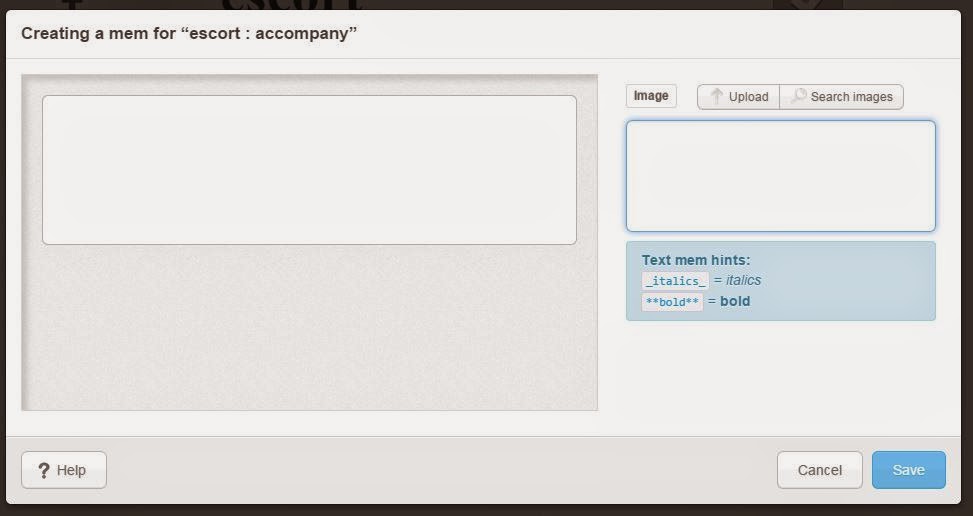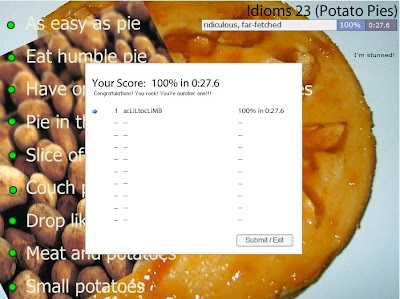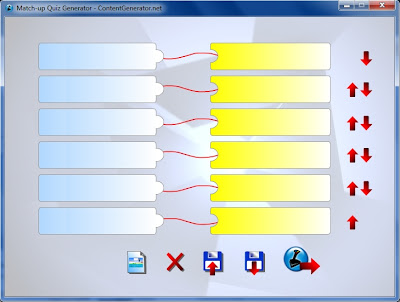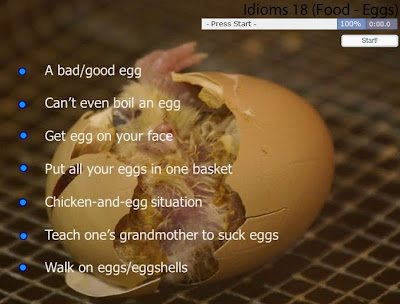In Memrise's own words:
What is Memrise?
Memrise is an online learning community where one can learn almost anything in the world, entirely for free! Through just the right mix of science, fun and community, learning on Memrise is speedy, enjoyable and lasts.
Most people I know who have used Memrise love it. It's available both on the web and on mobile devices. The mobile app is still undergoing improvements as I write. I know because I'm helping them test their betas. ;) My recommendation is to use both.
Every so often, I create my own reading/listening activity based on current news and I usually include a lexical exercise. But, as we all know, retaining vocabulary is extremely difficult and most students forget the words they learn almost immediately after.
Since I had some time on my hands, I decided to create a course on Memrise based on these said activities. One of the strongest features of Memrise is their mems (basically, mnemonics) and although I've created a mem or two for each lexical item, my mems very often are just sentences showing how the word was used in the article of the activity.
I encourage students to make their own mems as, really, that's a good way of helping them remember the words, but it seems that many don't understand how it can be done. So, here's a short pictorial tutorial. ;)
Say, you've gone into my course. You'll see something like this.
You may choose to review what you remember by clicking on Review, which will bring you to this screen.
Clicking on See answer will bring you to this one.
Now, click on Choose Another Mem.
You'll see arrows to the side of the mem. Click the right-facing arrow and you'll see the next one. When there aren't any more, you'll see the following image. I know, at the moment, creating a mem isn't as straightforward as it should be. Hopefully, that will change in the near future.
Before clicking on Add a mem, have a look at Memrise's tutorial on creating good mems.
When you click on add a mem, this is what you'll see.
Write any key words you like in the search box and click on search images. When you find one you like, click on it and then save. If you don't want to use any image or you wish to upload your own, skip the search, which will bring you to this:
Type in your text. The bold and italic option only works without images. Don't ask me why.
Click save and you're done. You can modify your mem at a later stage if you like.
I look forward to seeing your mems! Feel free to voice any doubts you may have.


